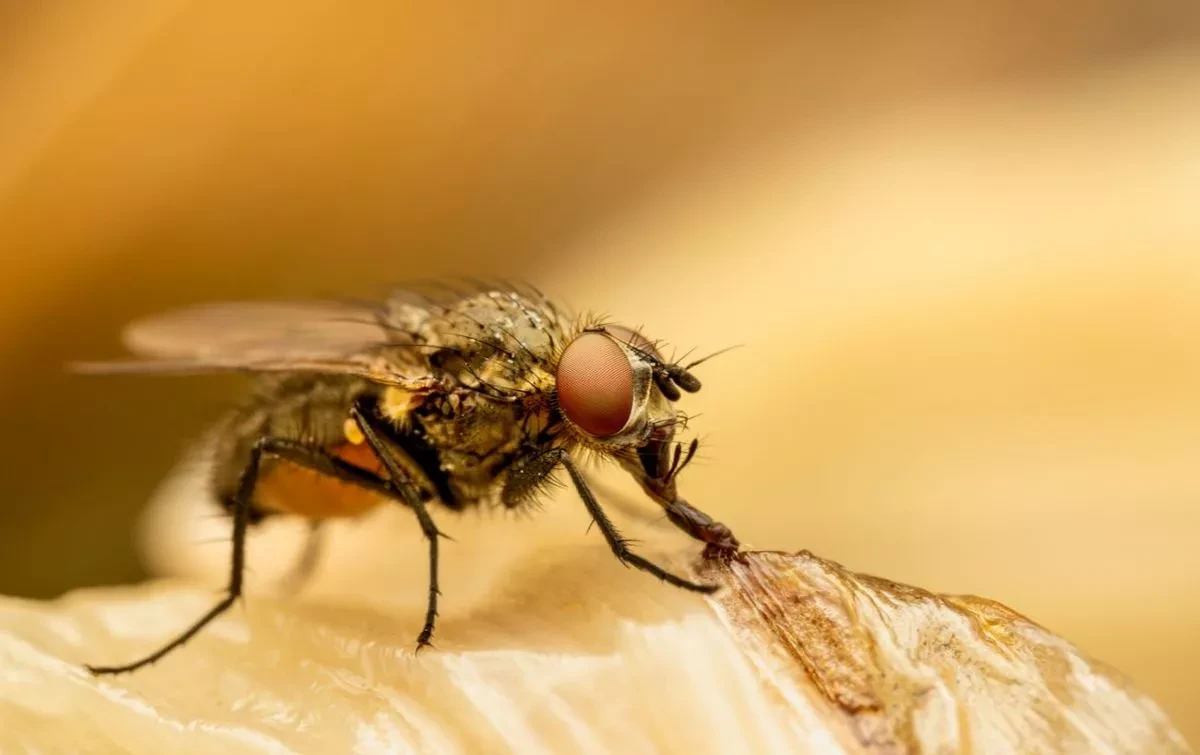Flying insects control in Egypt
insects such as flies, mosquitoes, gnats, and stinging insects. These insects are active in all seasons of the year and spread more in summer and can cause disturbance to your customers and transmit diseases.
Flying insects damage and contamination: -
Flies: Carry more than 100 types of pathogenic germs, and they feed by spitting salivary fluids and digestive materials in order to liquefy food. The flies also feed on rotting or decomposing materials and waste.
Flies transmit many diseases, including cholera, enteritis, conjunctivitis, typhoid fever, and tuberculosis.
There are flies types like the house fly breeds and lays eggs on decomposing materials such as litter and excrement.
Mosquitoes: Mosquitoes are blood-sucking insects and their damage isn't leaving a trace on the skin only, but they also transmit many diseases, including yellow fever, dengue fever, and malaria.
Mosquitoes reproduce and lay eggs in or near stagnant water, and the female lays from 100 to 300 eggs at a time.
Stinging insects: Bee and wasp stings leave poison and cause allergies the difference between wasp and bee stings is that bees leave their own stinging needle inside the person, which must be removed, and some types of bees die after the sting because it leaves the part of their abdomen during the sting.
Stinging insects control
Bees feed on pollen that is found in flowers, and wasps feed on other small insects such as spiders.
Gnats: Small flying insects that are more common in the summer; can sting and cause the transmission of germs and diseases.
Gnats gather on spoiled or rotting fruits and vegetables and are also attracted to damp places and trash cans.
Flying Insects Control in Egypt:
We at Orkin Egypt follow an integrated pest management (IPM) system.
Integrated pest management is a system that depends on the use of all appropriate technology and management practices to achieve pest prevention and suppress it in a cost-effective and environmental manner.
And this system includes four strategies:
Biological
Behavioral/Cultural
Physical/mechanical
Chemical
Challenges that face integrated pest management:
- Cleaning problems
- Entrances leading to pests entering
- Cracks and burrows
- Ineffective barriers
- Neglected or exposed food
- Stagnant water
- Poor handling with Orkin's equipment's
Before following the appropriate control method, the flying insect type that needs to be controlled must first be determined, such as determining the type of flies or mosquitoes.
- Biological
- Bring the biggest predator like a cat to a mouse
Behavioral Control:
- Cleanliness periodically, as flying insects are attracted to the remains of food and uncovered garbage containers then move to the surfaces and pollute them.
- Removing stagnant water and treating moisture, as flying insects are attracted to them and also breed in like mosquitoes.
Physical Control:
- Sealing the cracks and openings from which flying insects can enter the facility from.
- Using light traps to attract flying insects to it, which are used to monitor and reduce insect numbers.
Chemical Control:
- Use of pheromone traps, which pheromone material attracts flying insects such as flies to the trap.
- Use insecticides following all safety instructions.
If you are facing a flying insect problem, you should contact a pest control professional for assistance, call us now to get flying insects controlled.
Why Trust Orkin as a flying pest control company in Egypt
1 - Experience since 1901, with more than 120 years of experience in combating flying and crawling insects
2 - Comprehensive coverage of all governorates of Egypt
3- It is considered the largest pest control company in the world with +900 branches in +70 countries
4 - It depends on the best insect control system in the world (IPM)
Call the most Trusted Pest control company in the world
Or Sign Up and Our Team will contact you as soon as possible

